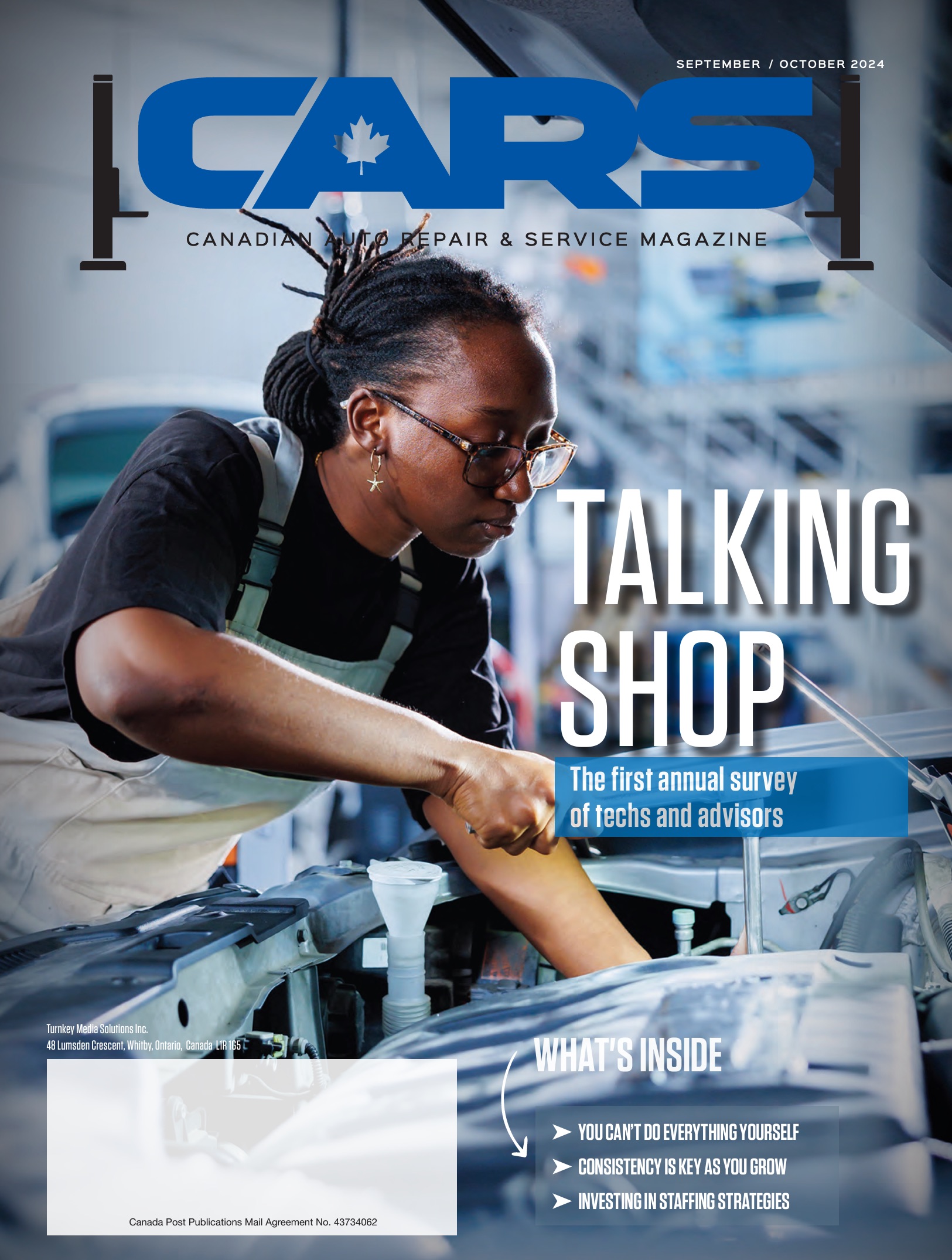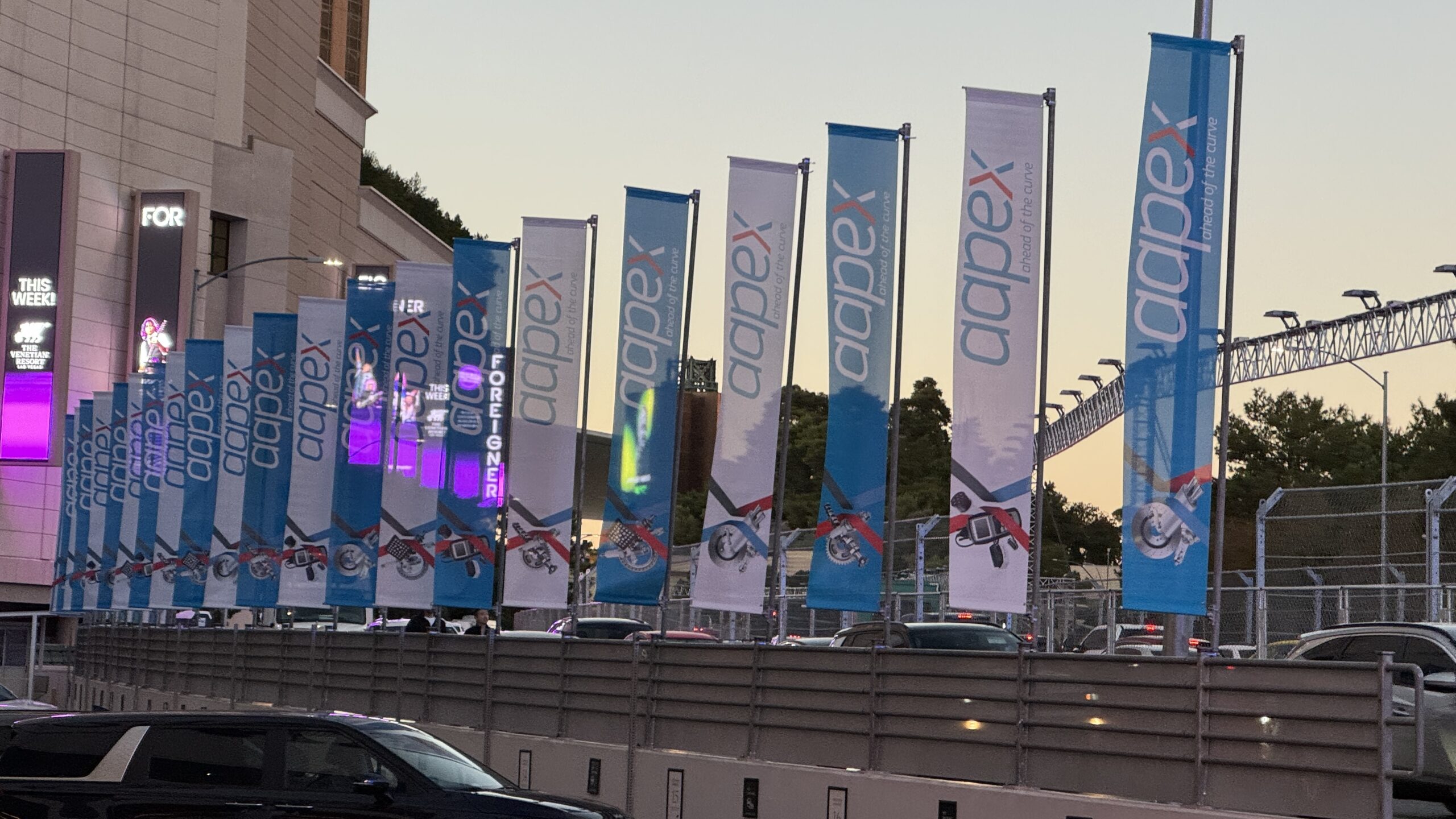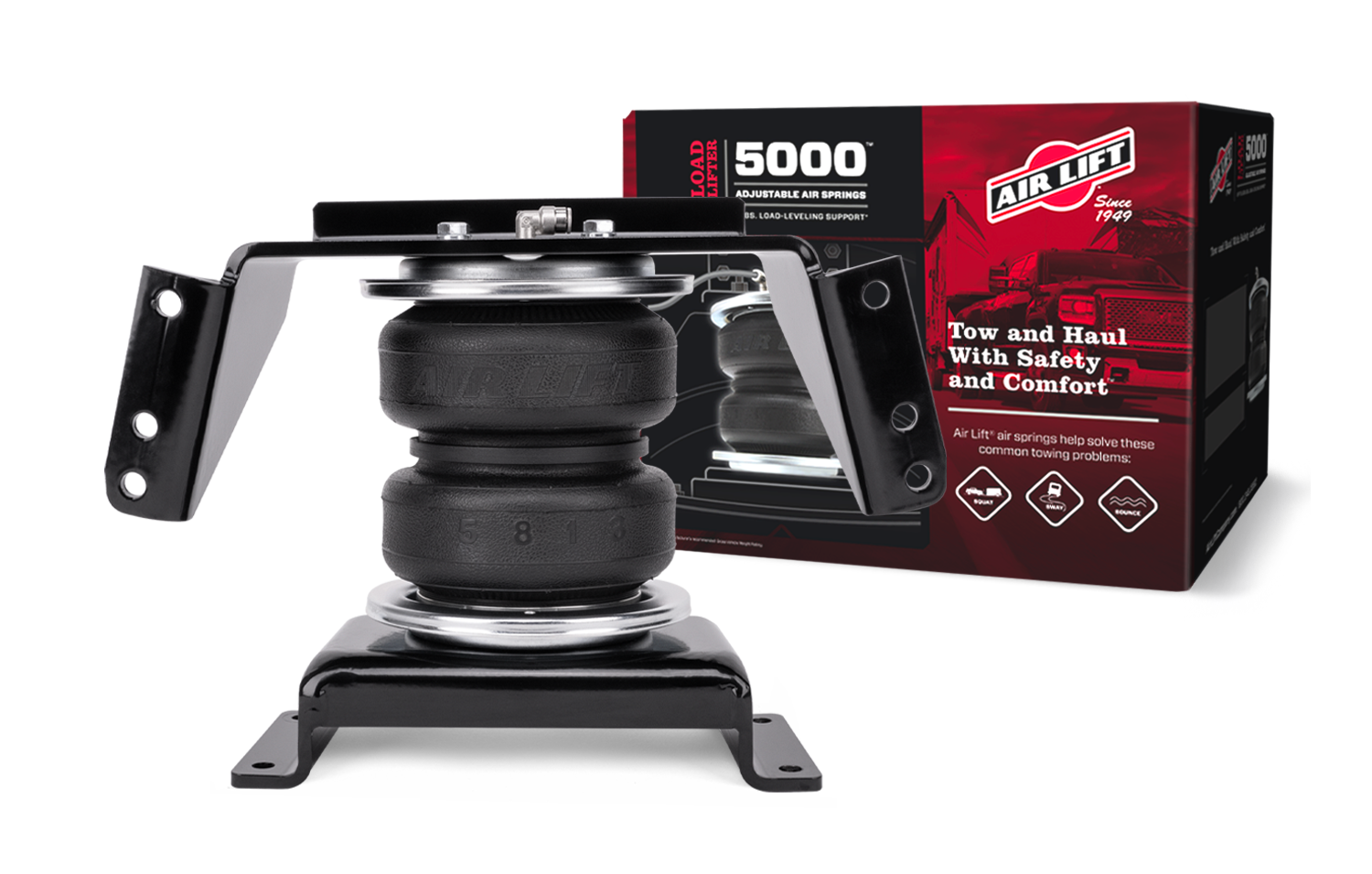
If there’s one thing shop owners used to be able to count on to keep them busy, it was the weather. When we see extremes on either end of the thermometer, it typically can signal a busy time.
But what happens when the weather is relatively pleasant, as much of the country has experienced this winter season? Suddenly, those sales service centres are used to, from dead batteries to failures caused by factors such as rust, dry up. A shrug of the shoulders won’t cut it.
As we navigate through recent months, marked by unfavourable weather conditions for the automotive aftermarket, it’s become increasingly evident that service locations must adapt to the evolving landscape.
Simply relying on the weather to bring business into your location isn’t an option. No shop owner wants to have the feeling of panic when they look at their day and wonder if they’ll have enough work to not just keep technicians busy today but generate the money needed to keep the lights on tomorrow.
A proactive plan to counter the unexpected should be in the top drawer of every automotive service business. In fact, shouldn’t be dusted off only during times like this — a shop that has planned out its strategy well will have this plan in constant motion for the entire year.
With over a decade of ownership, management and immersion in the automotive parts industry, I’ve witnessed the cyclical nature of our business, particularly during the winter months of January and February. Year after year, our sales representatives would lament the sluggishness of shops, underscoring the impact on sales.
Fast forward to 2024, where I now oversee a national automotive service franchise network spanning Canada. Reflecting on those past discussions, I’m reminded of the brainstorming sessions we engaged in to support our clients and bolster their business amidst challenging conditions.
“Change is constant, and new challenges continually emerge, exerting different pressures on shop owners.”
While short- to medium-term prospects seem favourable for automotive shop owners due to various tailwinds — such as high interest rates, inflationary pressures, causing elevated costs of new vehicles, and supply chain disruptions from original equipment manufacturers (OEs) — it’s imperative to remain adaptable. Change is constant, and new challenges continually emerge, exerting different pressures on shop owners.
The recent winter’s adverse impact on industry parts sales and shop visits particularly underscored the significance of adapting strategies. Categories like electrical systems and weather-related breakdown items, including batteries and rotating electrical components, experienced noticeable downturns.
Drawing from past discussions within the parts business, it’s clear that shop owners must proactively implement best practices to enhance customer experience and communication.
Key practices include actively engaging with customers on deferred work and scheduled maintenance items, launching seasonal campaigns, conducting customer outreach efforts with service advisors and CRM programs and introducing complementary services to incentivize visits and inspections — such as auto-glass and calibration or undercoating services.
For success during unplanned slow times today, the seeds needed to have been planted yesterday. However, adept shop owners can begin to implement such processes now to avoid lulls in the future.
The automotive aftermarket is inherently a retail business, demanding a focus on streamlined processes, technological integration, and seamless online-to-offline customer experiences.
Shop owners must align their business strategies with prevailing macroeconomic trends to capitalize on opportunities while mitigating seasonal downturns. By embracing innovation, refining processes, and prioritizing customer engagement, automotive service locations can navigate through challenges and position themselves for sustained success in the future, regardless of the seasonal fluctuations that have historically characterized the industry.
Zakari Krieger is the Fix Network, Canadian vice president of Prime CarCare, responsible for the Canadian retail business, encompassing the Speedy Auto Service and Novus Auto Glass business lines
This article originally appeared in the March/April issue of CARS












Leave a Reply